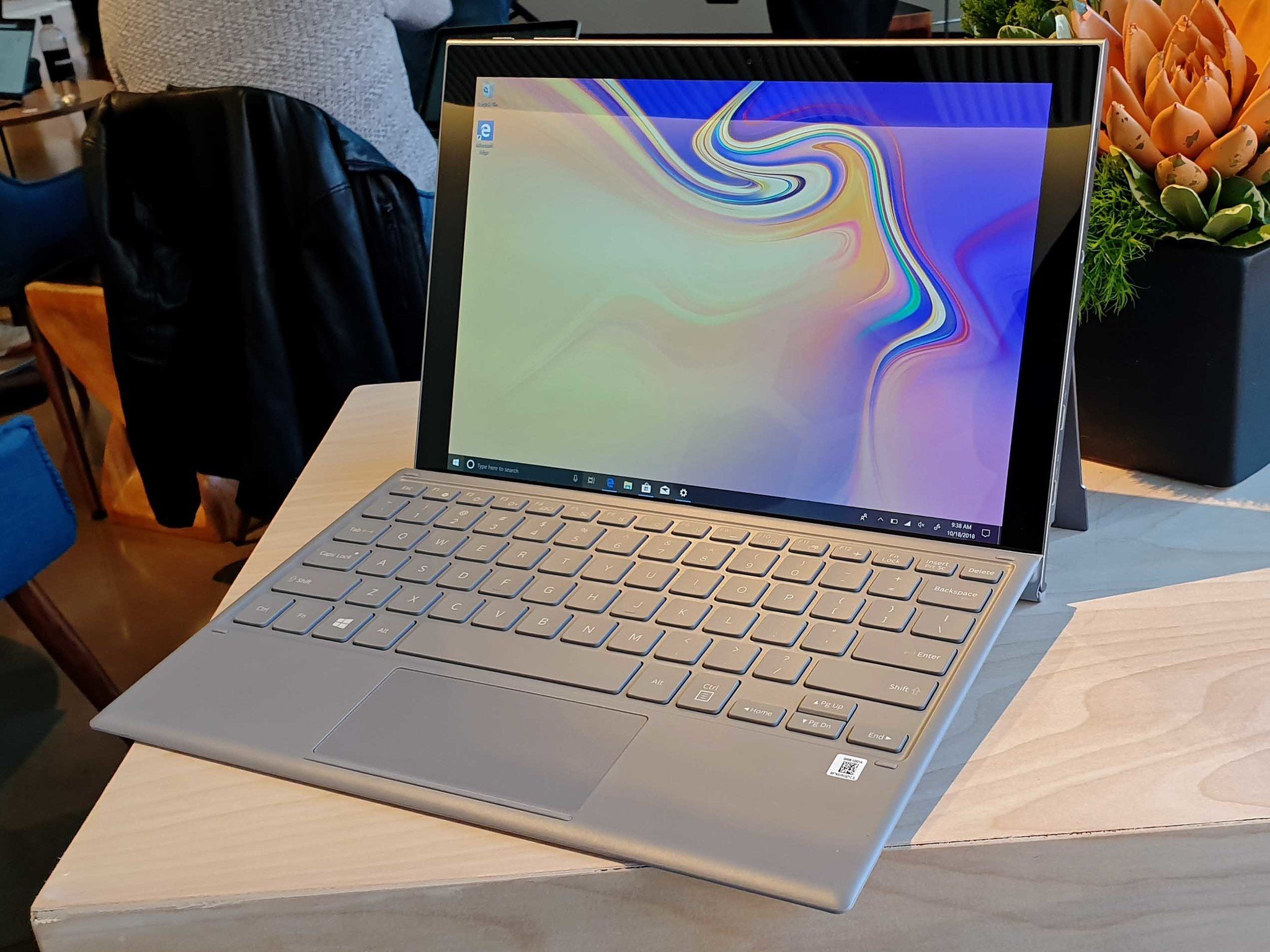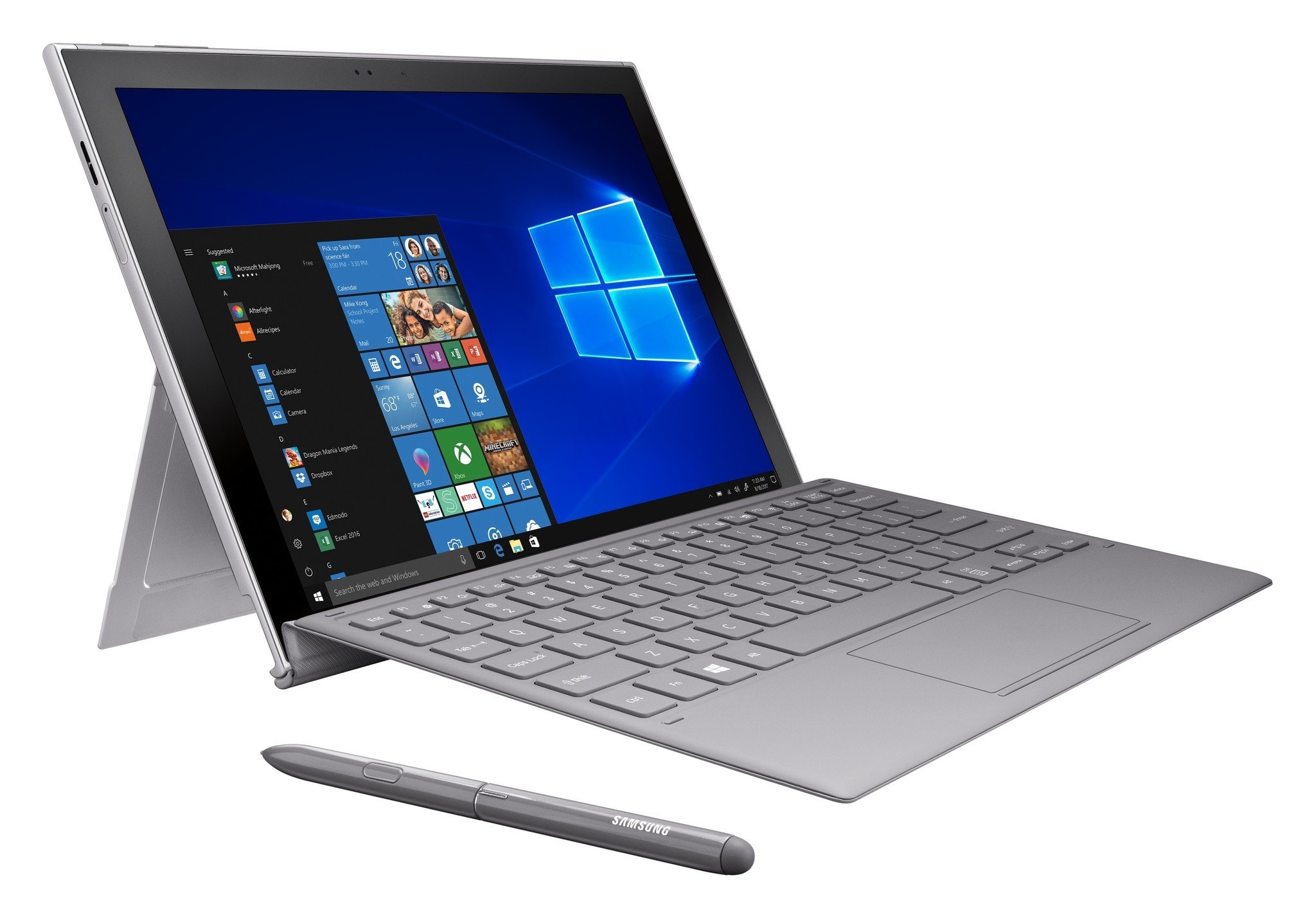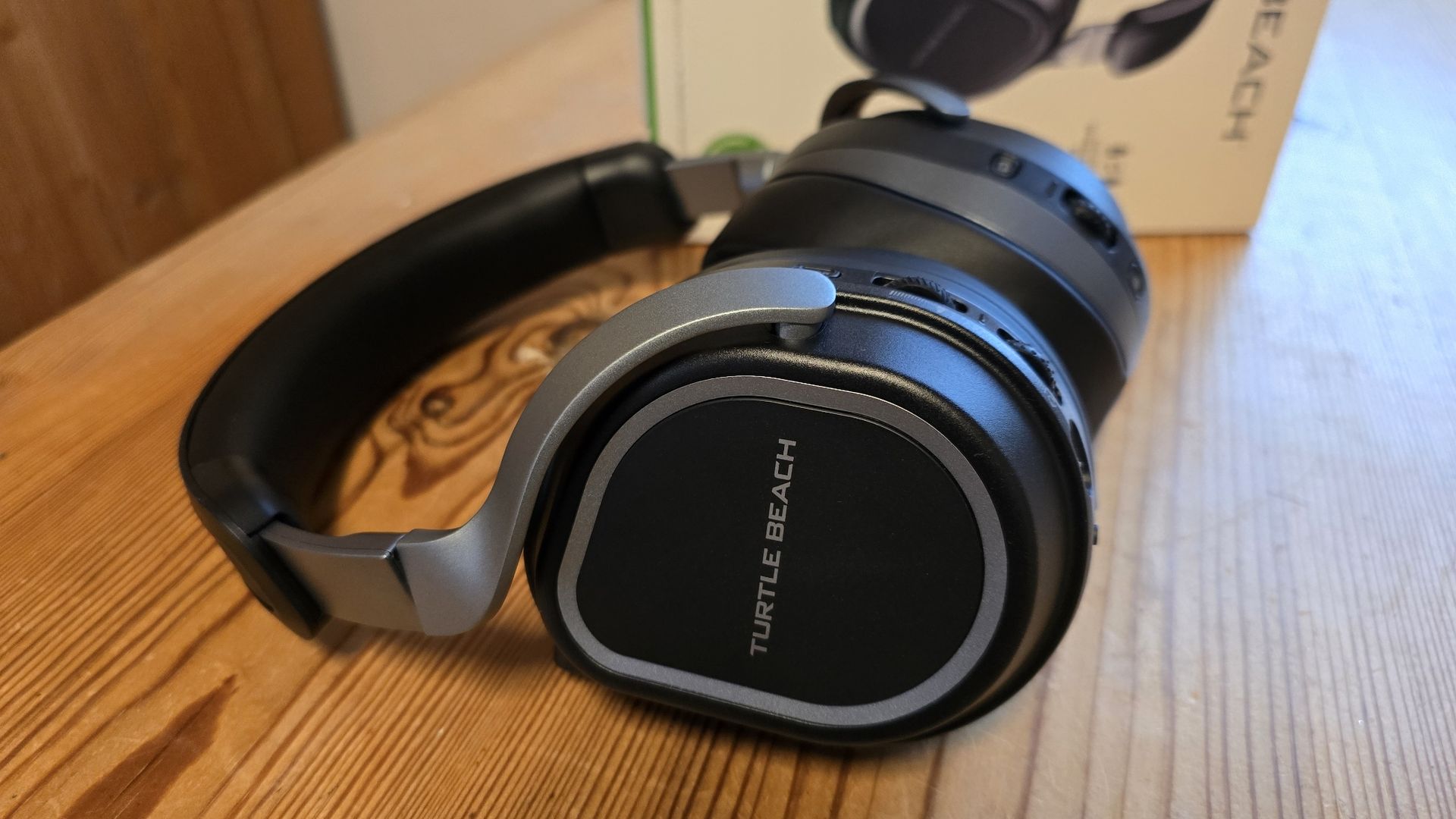Does Samsung Galaxy Book2 support cellular LTE?

All the latest news, reviews, and guides for Windows and Xbox diehards.
You are now subscribed
Your newsletter sign-up was successful
Does Samsung Galaxy Book2 support cellular LTE?
Always connected
One of the main reasons to build a PC that uses a Qualcomm processor it makes it easy to setup an LTE connection. The Snapdragon 850 that powers the Galaxy Book2 is designed to keep you connected no matter where you go.
The device has a physical SIM tray that allows you to pop in a SIM and stay connected to the web no matter where you are. Windows 10 has been optimized to work with these constant connections and will seamlessly switch between Wi-Fi and LTE if you'd like. If you move between areas with and without Wi-Fi you won't even notice a drop in connection as Windows 10 is set up to jump back and forth between different types of connections seamlessly. This setup will feel familiar to anyone who is used to carrying their smartphone around since they also switch seamlessly between connection types.
You can also customize the LTE connection, including on a per app basis, to make sure that it doesn't use up all of your data. That's particularly important as web-powered apps and websites can eat up data quickly on larger screens like that of the Galaxy Book2.
Carrier optimized
The Galaxy Book2 is not locked to a specific carrier but it's optimized for different ones depending on where you purchase it. The device is currently available through AT&T and if you purchase it through that company you will get the best upload and download speeds through AT&T. Our review of the Galaxy Book2 further breaks down the LTE connectivity of the device.
The Galaxy Book2 will also be available through Sprint and Verizon in the future. You can put a card from a different network into the Galaxy Book2, but it won't work as well. We've tested SIM cards from different carriers in the Galaxy Book2 and noticed that connection speeds are slower using SIM cards from networks other than what the device is optimized for. The largest difference appeared to be in upload speeds, though this could vary depending on devices and carriers.
All the latest news, reviews, and guides for Windows and Xbox diehards.

Sean Endicott is a news writer and apps editor for Windows Central with 11+ years of experience. A Nottingham Trent journalism graduate, Sean has covered the industry’s arc from the Lumia era to the launch of Windows 11 and generative AI. Having started at Thrifter, he uses his expertise in price tracking to help readers find genuine hardware value.
Beyond tech news, Sean is a UK sports media pioneer. In 2017, he became one of the first to stream via smartphone and is an expert in AP Capture systems. A tech-forward coach, he was named 2024 BAFA Youth Coach of the Year. He is focused on using technology—from AI to Clipchamp—to gain a practical edge.

